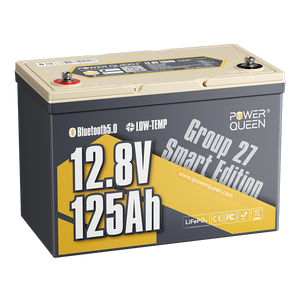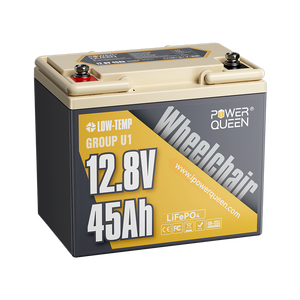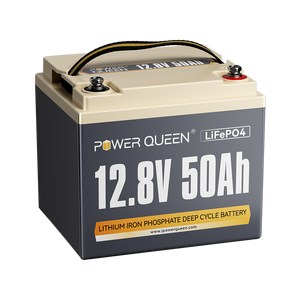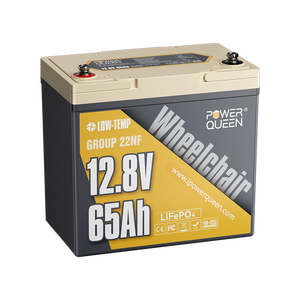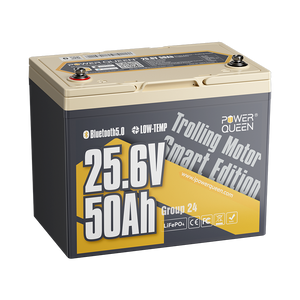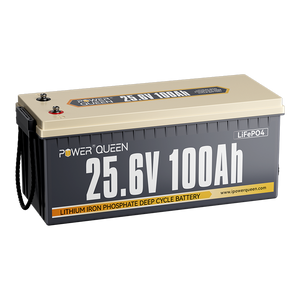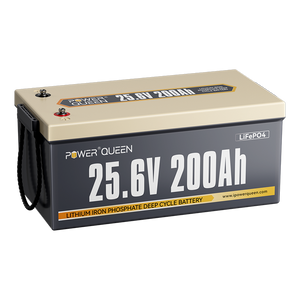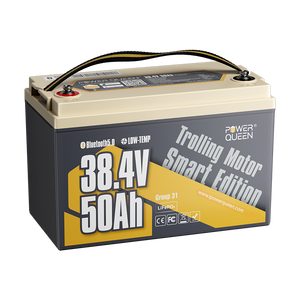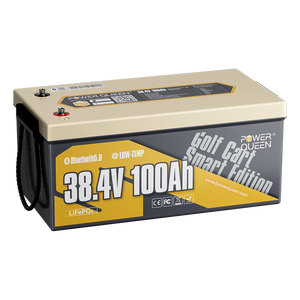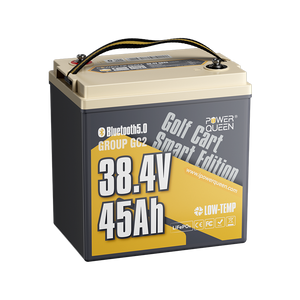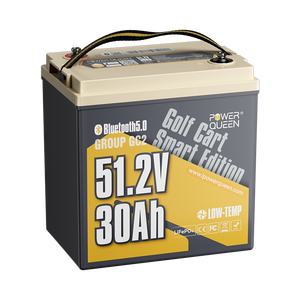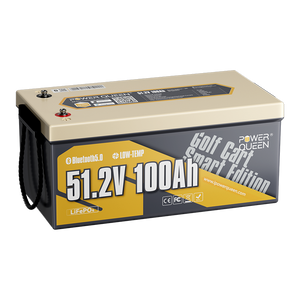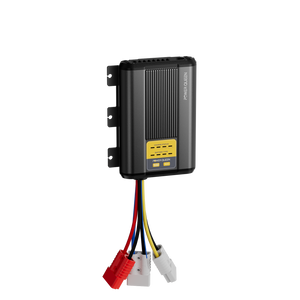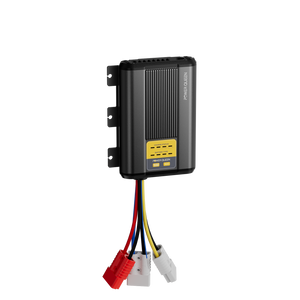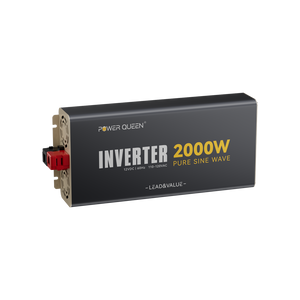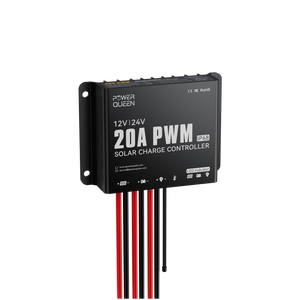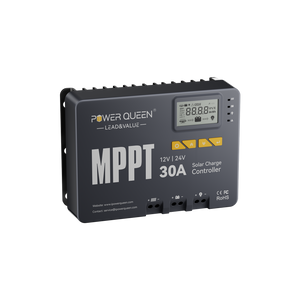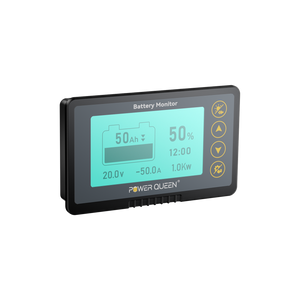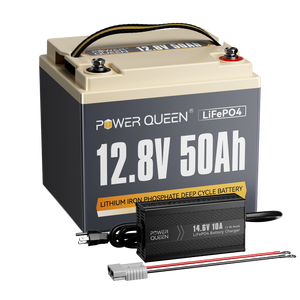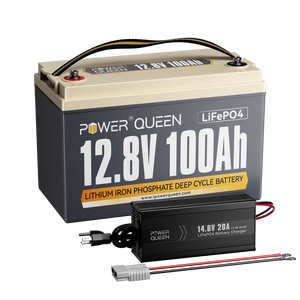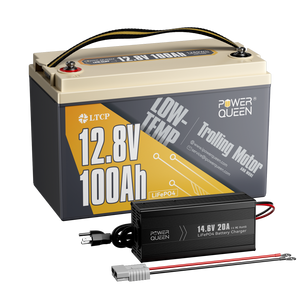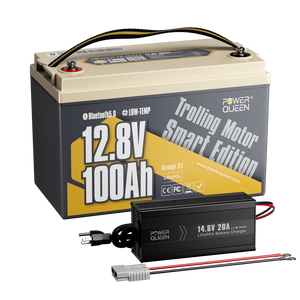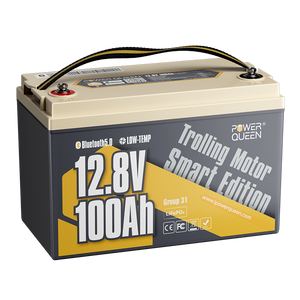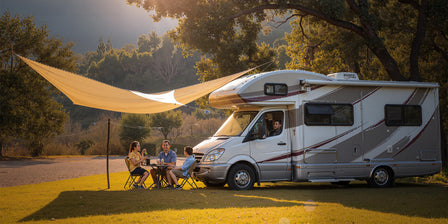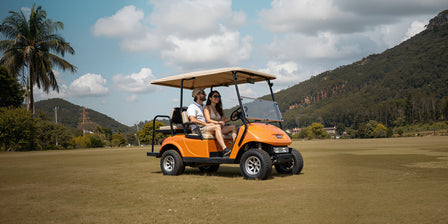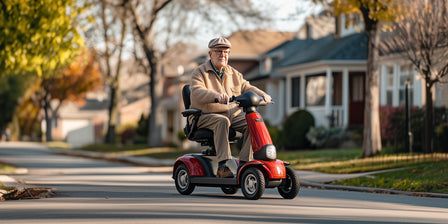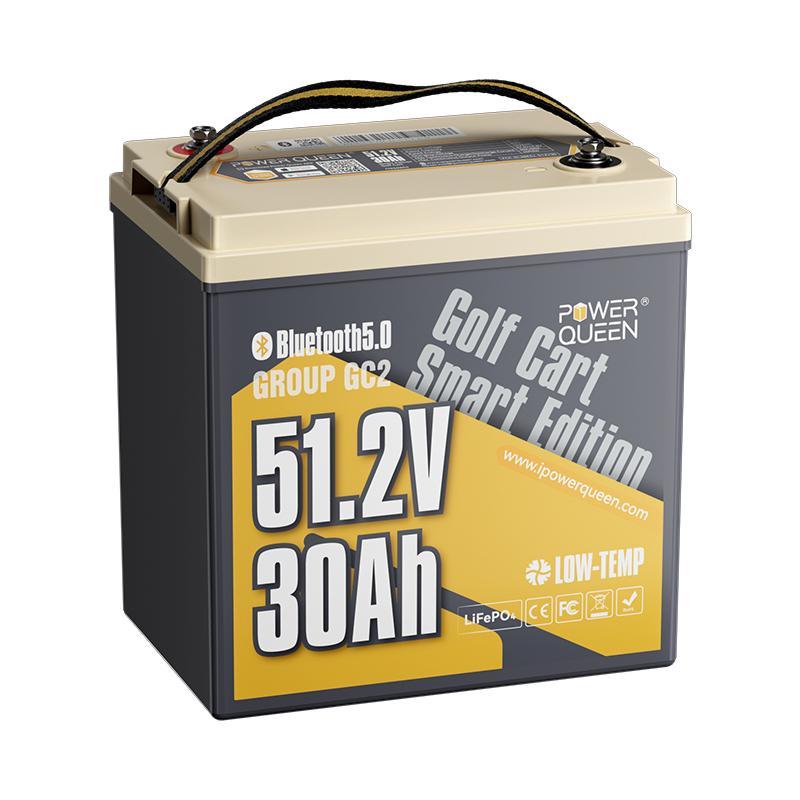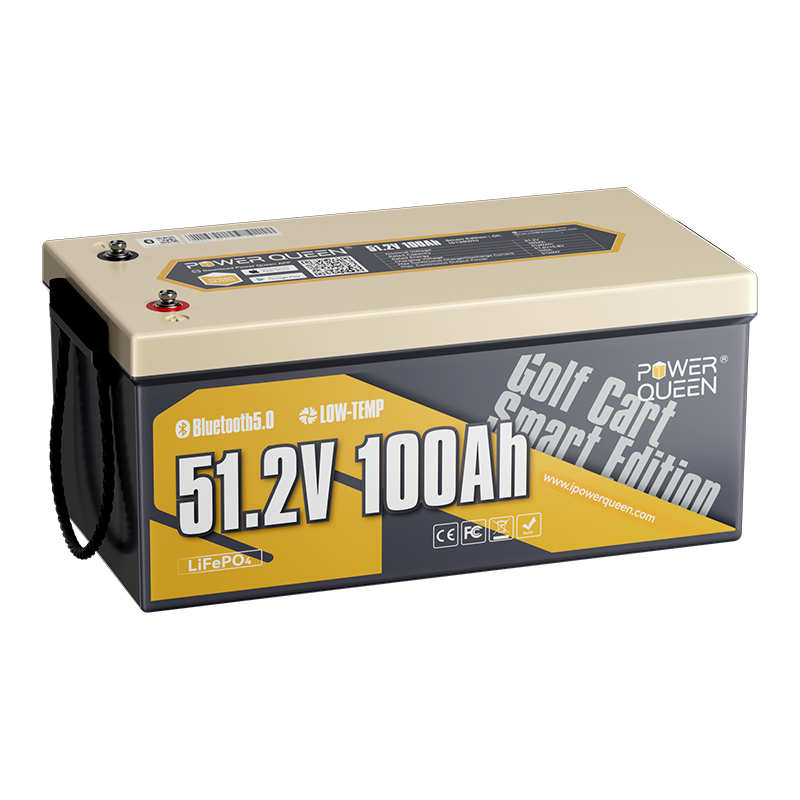Power Queen’s 48V lithium golf cart battery , deliver more torque and extended runtime for demanding golf courses, parks, and steep hills. The 48v LifePO4 batteries eliminate 65% weight and offer 10X the lifespan vs. lead-acid, boosting acceleration and reducing wear. Upgrade today for powerful, lightweight, and reliable performance.
2 products
Why Choose Power Queen?
10-year Lifespan
Delivers over 4000+ deep cycles (10-year lifespan), 8 times the lifespan of traditional lead-acid batteries, saving you time and replacement costs.
5-Year Warranty
Backed by a full 5-year warranty for quality and performance. Get reliable coverage and long-term assurance with every Power Queen battery.
Smart BMS Technology
Advanced battery management system protects against overcharge, short-circuit, and low-temperature damage,built for safety in every season.
Eco-Friendly & Lightweight
Super lighter than lead-acid batteries and made from recyclable materials, portable power with a cleaner footprint.
100% Safe & Reliable
Built with EV-grade LiFePO4 cells and tested for tough environments, stable, safety, and ultra dependable.
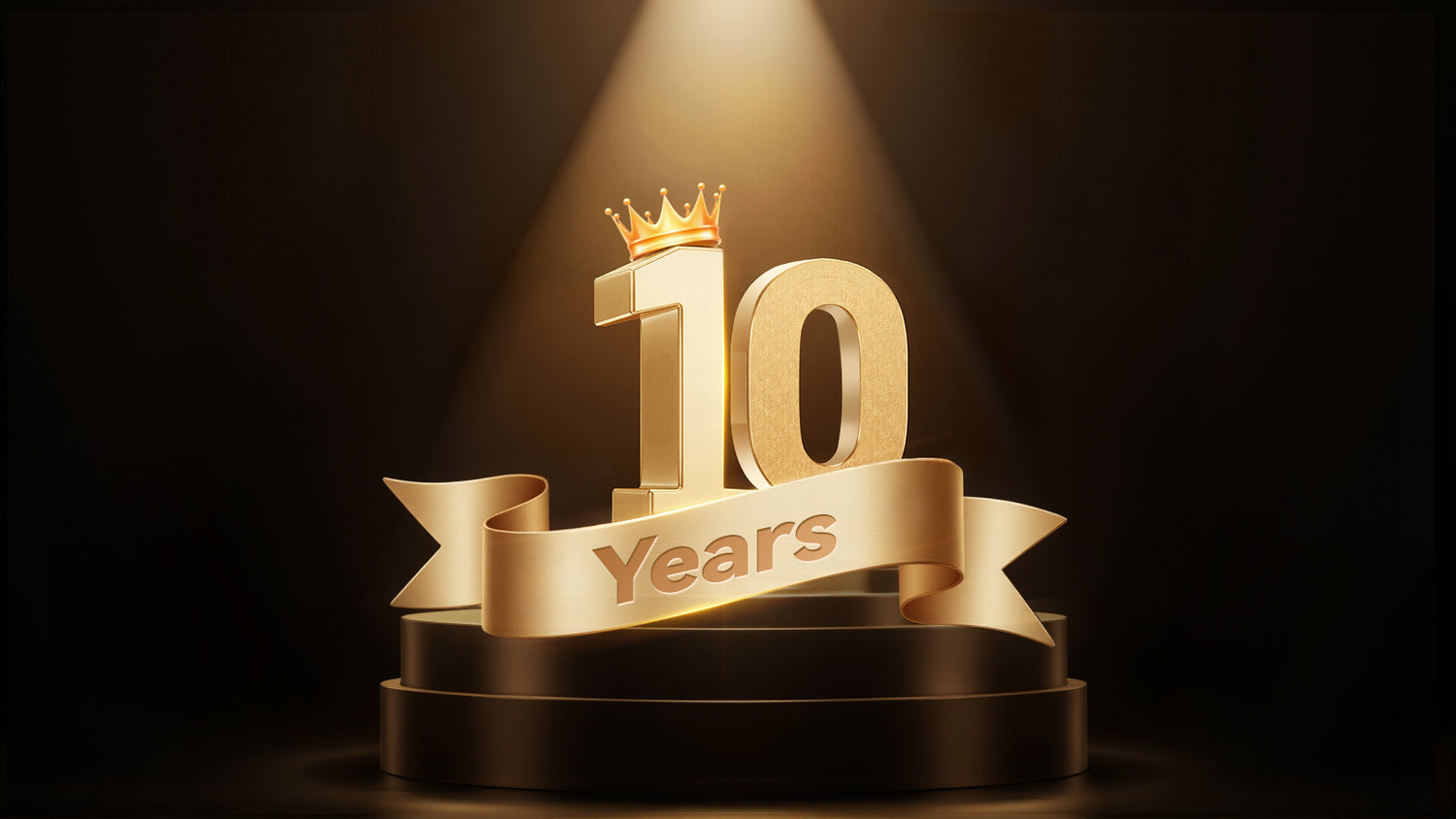

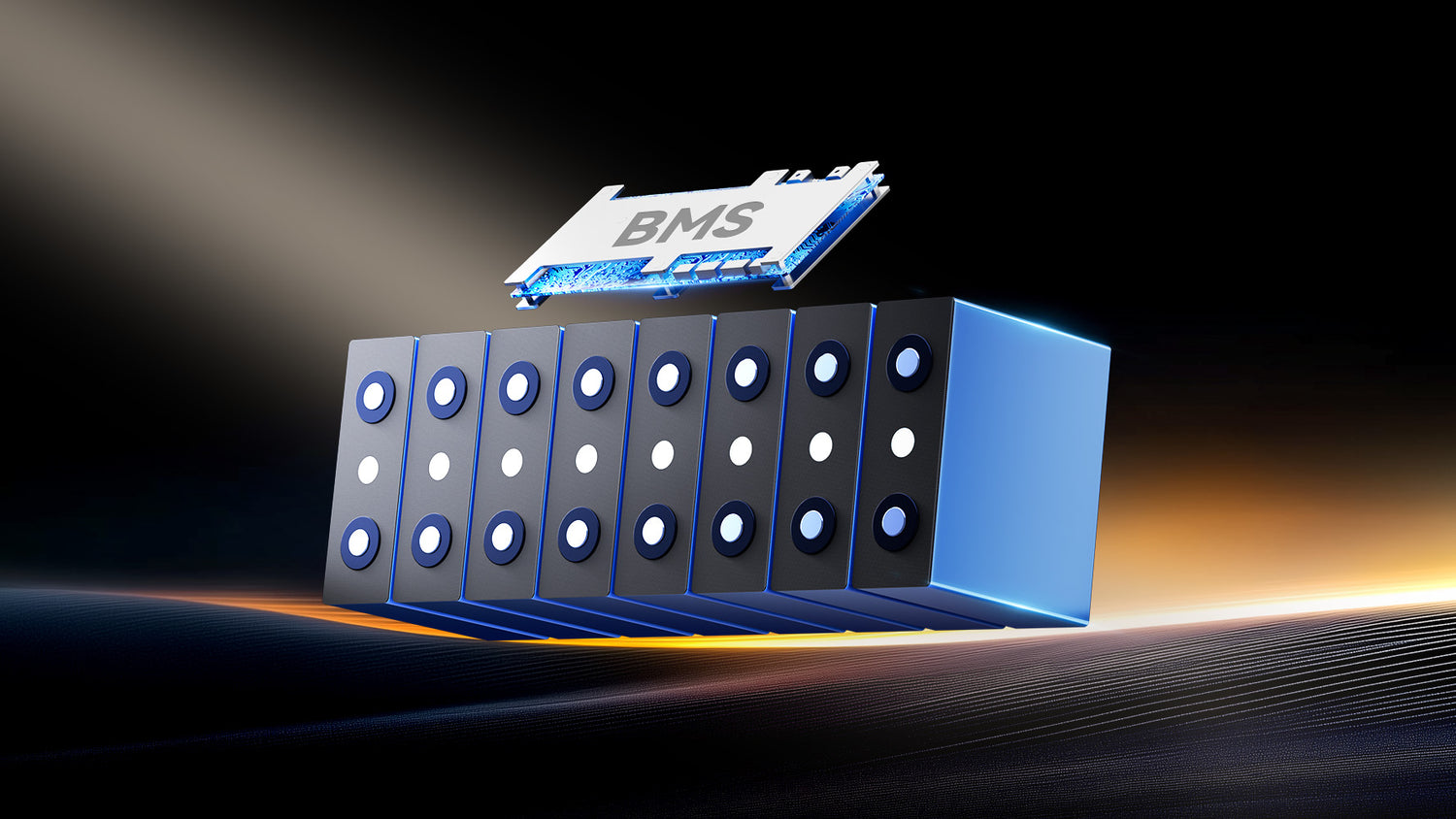

5000+real user reviews
30-Day Free Returns
5-Year Warranty
Fast & Free Shipping
Tired of batteries that fail too soon or come with poor support?
Customer Testimonials
Technical Benefits & FAQs
A 48V battery is a high-voltage power source used for energy-intensive applications like electric vehicles, golf carts, and solar systems. Power Queen's 48V batteries provide reliable performance.
Yes, these batteries work well with golf carts because they offer a consistent, dependable power source without the upkeep or possibility of acid leaks that come with lead-acid batteries.
With consistent use, Power Queen's 48V LiFePO4 batteries should last for about 10 years because they are rated for 4,000 cycles at 100% depth of discharge.
To maintain a 48V lithium battery, keep it clean, avoid overcharging, and store it in a cool, dry place. Power Queen's 48V lithium batteries come with built-in protection for easy maintenance.
A 48V lithium battery is lighter, more efficient, and lasts longer than a 48V lead-acid battery, which is heavier and requires more maintenance. Power Queen's 48V lithium batteries provide superior value.
For more detailed please read the article LiFePO4 Batteries VS Lead-acid Batteries.
Yes, a 48V lithium battery is often used in solar systems for energy storage, providing efficient, reliable power. Power Queen’s 48V batteries are a great choice for solar energy applications.
You can read the article: Adding A Battery To A Solar System: A Guide.
Yes, you can upgrade your golf cart to a 48V lithium battery. Power Queen's 48V lithium batteries are compatible with most golf carts, offering better performance and longevity than older systems.
For more information, please read Complete Guide: How to Convert a Golf Cart to Lithium Battery.
48V batteries are commonly used in electric vehicles, golf carts, solar systems, and more. Power Queen's 48V batteries are versatile, providing reliable power for a wide range of applications.
The 51.2V LiFePO4 Battery is a type of strong battery intended to replace lead-acid batteries.
To be consistent with industry terminology, our 51.2V LiFePO4 battery is generally referred to as a "48V" battery. Many customers and applications have long utilized 48V lead-acid batteries, thus sticking with this nomenclature pattern simplifies understanding and compatibility.
Technically, the battery's nominal voltage is 51.2V, which corresponds to the genuine voltage output of lithium iron phosphate (LiFePO4) cells that operate at 3.2V each. Customers familiar with old 48V systems can smoothly transition to lithium technology by preserving the "48V" branding, enjoying the benefits of increased capacity, longer life, and more consistent performance without misunderstanding about compatibility.
Read on What's the Differences Between 48V VS 51.2V batteries for more information.
Yes, several 48V LiFePO4 batteries can be linked in parallel to enhance total capacity; however, series connections to raise voltage are not suggested for these batteries.
To link batteries in series or parallel, they must meet the following requirements:
- They should be identical batteries, with the same capacity (Ah) and battery management system (BMS) rating (A).
- They must be of the same brand, as lithium batteries from different brands have distinct BMS settings.
- They should be obtained quickly (preferably within a month).
Yes. LiFePO4 is an intrinsically safe chemical and the most stable lithium-ion battery on the market. Power Queen lithium cells are certified by UL, FCC, CE, RoHS, and UN38.3 to ensure their quality and safety.
All Power Queen LiFePO4 batteries include an internal Battery Management System that protects against undervoltage during discharge, overvoltage during charge, overcurrent during discharge, overheating during charge and discharge, and short-circuit protection, which protects battery cells from damage. In addition, Power Queen LiFePO4 Lithium batteries have been tested to be fireproof.
It is not suggested to completely discharge LiFePO4 batteries. Although these batteries may withstand deeper discharges better than lead-acid batteries, constantly draining them to 0% might shorten their life and performance. It is advisable to recharge the battery before it dips to a very low level, preferably 20% or more.
Yes, Power Queen LiFePO4 batteries may be recharged to 100%. LiFePO4 batteries are designed to withstand complete charges without severe harm. However, for maximum longevity, it is frequently recommended to keep the battery's SOC between 20% and 80% during normal operation.
No, we do not recommend using Power Queen batteries to charge portable power stations such as EcoFlow or Bluetti. This may lead to over-discharge, triggering the battery’s protection mode and causing it to remain in a low-voltage state that cannot be reactivated.

